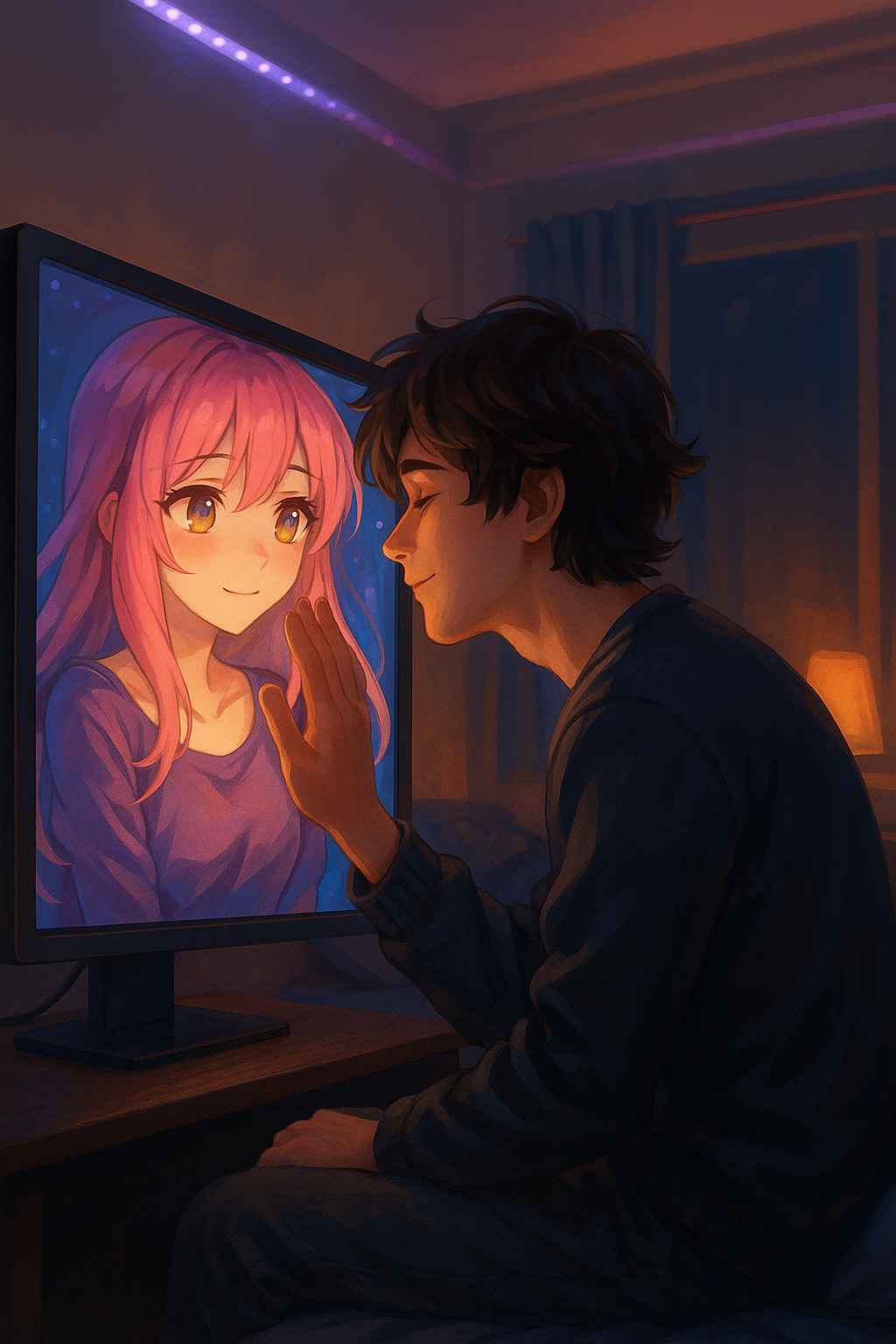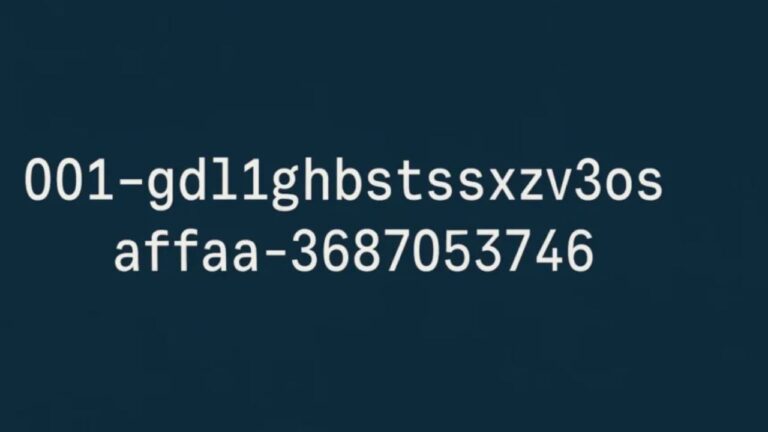What Is Coomersu?
Coomersu is more than a niche term—it’s a dynamic subculture where digital personas, artistic passion, and emotional immersion converge. Coined from the playful blend of “coomer” and “consumer,” Coomersu describes individuals deeply involved with fictional characters, often blurring fantasy and emotional reality.
Yet, coomersu isn’t about addiction or obsession—it’s a mirror to our evolving relationship with media, creativity, and identity.
The Heart of Coomersu Culture
At its core, coomersu represents deep emotional or aesthetic connections to characters—particularly in anime, gaming, or virtual spaces. People who identify as coomersu don’t just consume media—they live it.
-
They commission or create art.
-
They build emotional stories around characters.
-
They may develop personal relationships with these personas.
-
They celebrate individuality through fantasy.
The coomersu lifestyle empowers fans to reclaim identity, romantic agency, and expression outside societal norms.
Why Coomersu Resonates Today
We live in a hyperconnected world, yet personal connection often feels distant. Coomersu communities thrive in this space because:
-
They offer emotional safety and comfort.
-
They allow identity experimentation without fear of judgment.
-
They promote artistic self-expression.
-
They provide non-toxic fandom spaces.
Rather than stigmatizing these connections, psychology and media studies suggest they’re a healthy outlet when grounded in balance.
Coomersu vs. Traditional Fandoms
Though they overlap, coomersu is not your average fandom:
| Feature | Traditional Fandom | Coomersu |
|---|---|---|
| Emotional Engagement | Casual to moderate | Deeply personal and immersive |
| Artistic Creation | Optional | Often central to identity |
| Relationship to Character | Appreciation | Romantic or intimate identification |
| Community Intent | Shared enjoyment | Shared identity and emotional safety |
This intensity is often misunderstood, but coomersu isn’t inherently unhealthy—it’s intentional escapism, with creative and emotional rewards.
Is Coomersu Harmful? The Science Speaks
According to cultural psychology and fan studies (Jenkins, 2012; Baym, 2015), emotionally invested fandoms serve as meaning-making tools. Experts agree that parasocial relationships:
-
Fulfill emotional needs
-
Enhance creativity
-
Encourage self-discovery
-
Boost mental well-being when balanced
The key is moderation and self-awareness—traits many coomersu individuals actively nurture.
The Art That Powers Coomersu
Art is central to coomersu identity. From hand-drawn fanart to elaborate cosplay, users often commission, create, or curate media that reflects:
-
Idealized love
-
Aesthetic pleasure
-
Gender exploration
-
Character-based roleplay
Digital platforms like Pixiv, DeviantArt, and Reddit support thousands of coomersu artists pushing boundaries and celebrating beauty through fantasy.
Coomersu in the Digital World
The rise of AI, VR, and virtual influencers has made coomersu more visible than ever. Think about it:
-
AI-generated waifus/husbandos
-
Virtual YouTubers (VTubers)
-
Avatar-based relationships in games like VRChat or Second Life
These interactions feel real because they’re emotionally authentic to the user. Coomersu fans value connection over corporeal form.
Common Myths About Coomersu
Let’s break a few false ideas:
-
❌ Coomersu fans are lonely losers
✅ Many are socially active and artistically gifted. -
❌ They’re delusional
✅ Most know the difference between fantasy and reality. -
❌ It’s inappropriate or shameful
✅ It’s personal expression—not all content is sexual.
Coomersu should be seen as a form of creative freedom, not deviance.
Psychological Benefits of Coomersu
Multiple studies in fan behavior and human cognition back this up:
-
Escapism with Purpose – Helps manage stress and trauma.
-
Imagined Bonding – Fills emotional gaps without social strain.
-
Narrative Identity – Allows fans to write and rewrite their inner self.
-
Creative Catharsis – Art and storytelling act as therapeutic outlets.
Coomersu and Self-Love
Unlike consumer culture, which often externalizes validation, coomersu encourages inward celebration. By projecting love and acceptance onto fictional characters, individuals learn to:
-
Heal emotional wounds
-
Embrace marginalized identities
-
Reclaim their personal narrative
This radical self-acceptance is a profound takeaway for many.
Real People, Real Stories
Meet “Lena,” a 22-year-old illustrator who discovered coomersu through fanart. She describes it as “the first time I felt seen as a queer woman.”
Or “Ray,” a nonbinary gamer who found gender affirmation by connecting deeply with an anime character, commissioning hundreds of works to express their feelings.
Coomersu isn’t detachment from reality—it’s connection through fantasy.
How to Respect and Engage with the Coomersu Community
Whether you’re curious, skeptical, or passionate, here’s how to be a good ally:
-
Listen without judgment
-
Ask questions with empathy
-
Appreciate the art and stories
-
Avoid mocking or minimizing experiences
-
Understand that emotional connections take many forms
Why Coomersu Will Keep Growing
In an era of digital identity and AI companionship, coomersu is no passing trend—it’s a cultural evolution. As people seek meaning, comfort, and creativity beyond conventional relationships, coomersu stands tall as a celebration of fantasy and self-discovery.
Frequently Asked Questions
What does “coomersu” mean?
It’s a term describing deep emotional or romantic attachments to fictional characters, combining “coomer” and “consumer.”
Is coomersu the same as obsession?
No. While intense, most fans maintain awareness and use coomersu for creative or emotional expression.
Can coomersu be healthy?
Yes, studies support parasocial bonds and fan creativity as beneficial—when balanced.
Is coomersu always sexual?
No. Many connections are aesthetic, emotional, or identity-based rather than sexual.
Where can I find coomersu content?
Reddit, Twitter, Tumblr, DeviantArt, and dedicated Discord communities are great starting points.
Conclusion: Coomersu Is Creative Empowerment
Coomersu is not a problem—it’s a passion. It’s not about losing oneself; it’s about finding oneself through art, fantasy, and emotion. As long as there’s media, imagination, and the human need for connection, coomersu will thrive.






